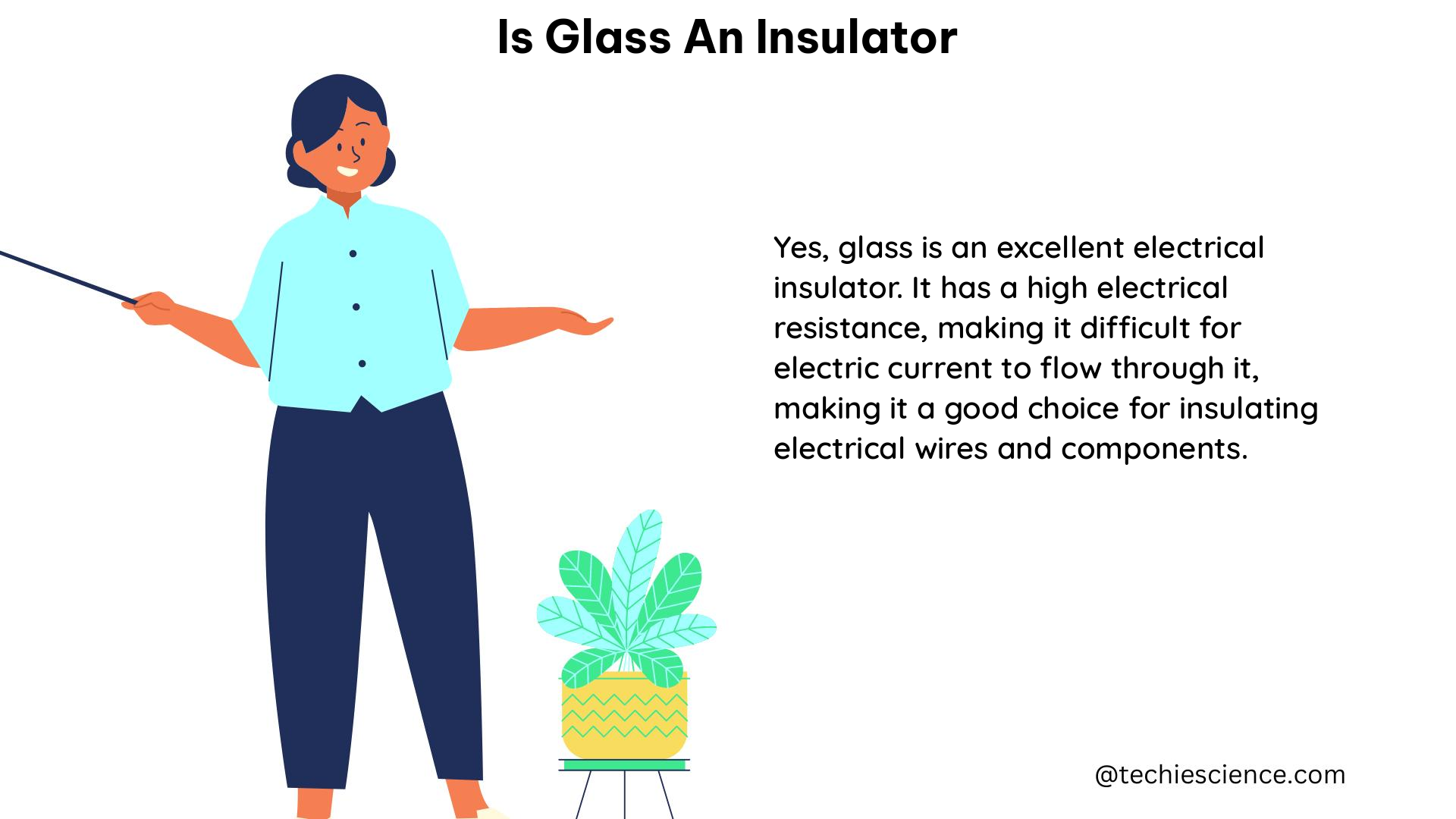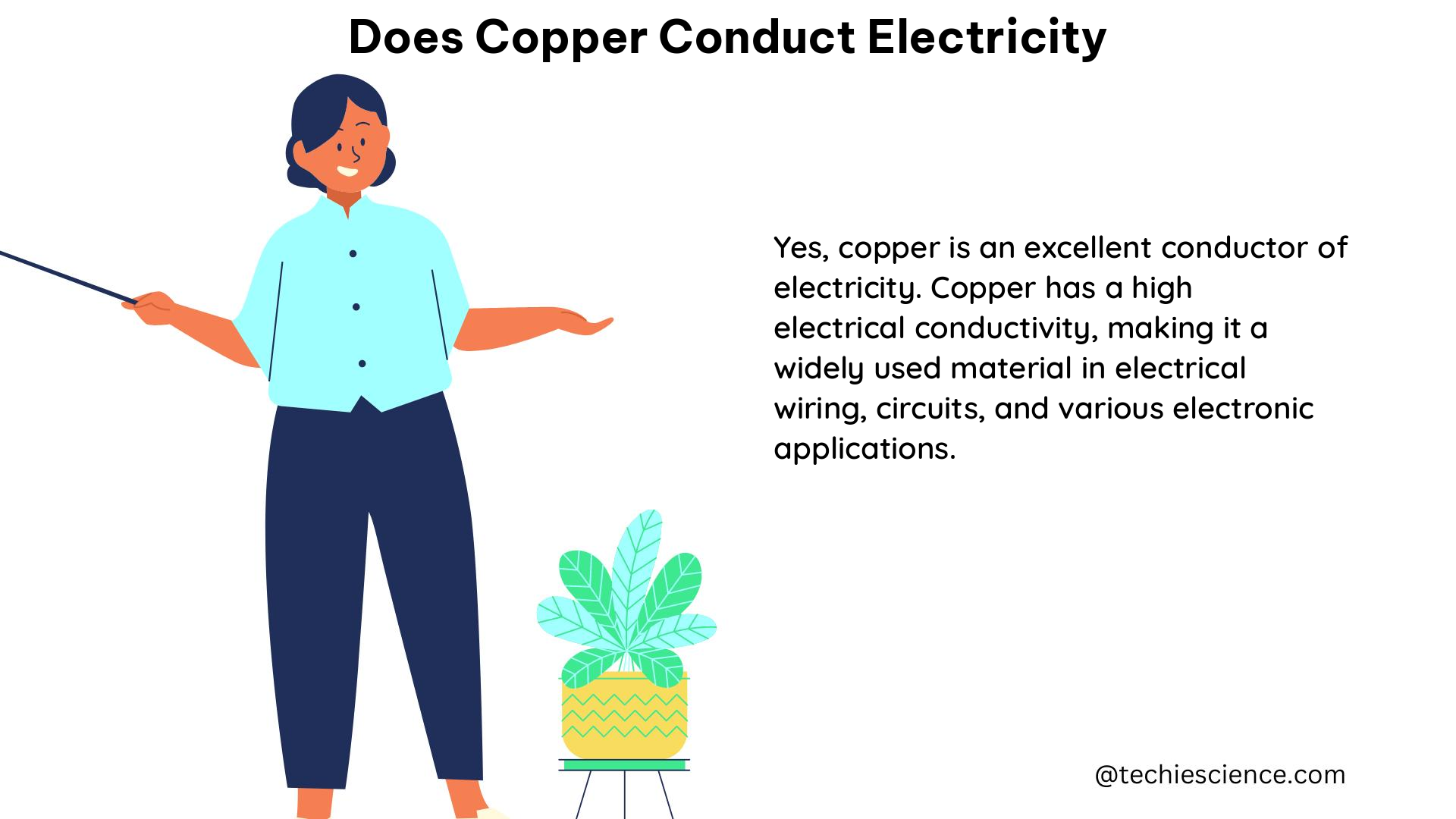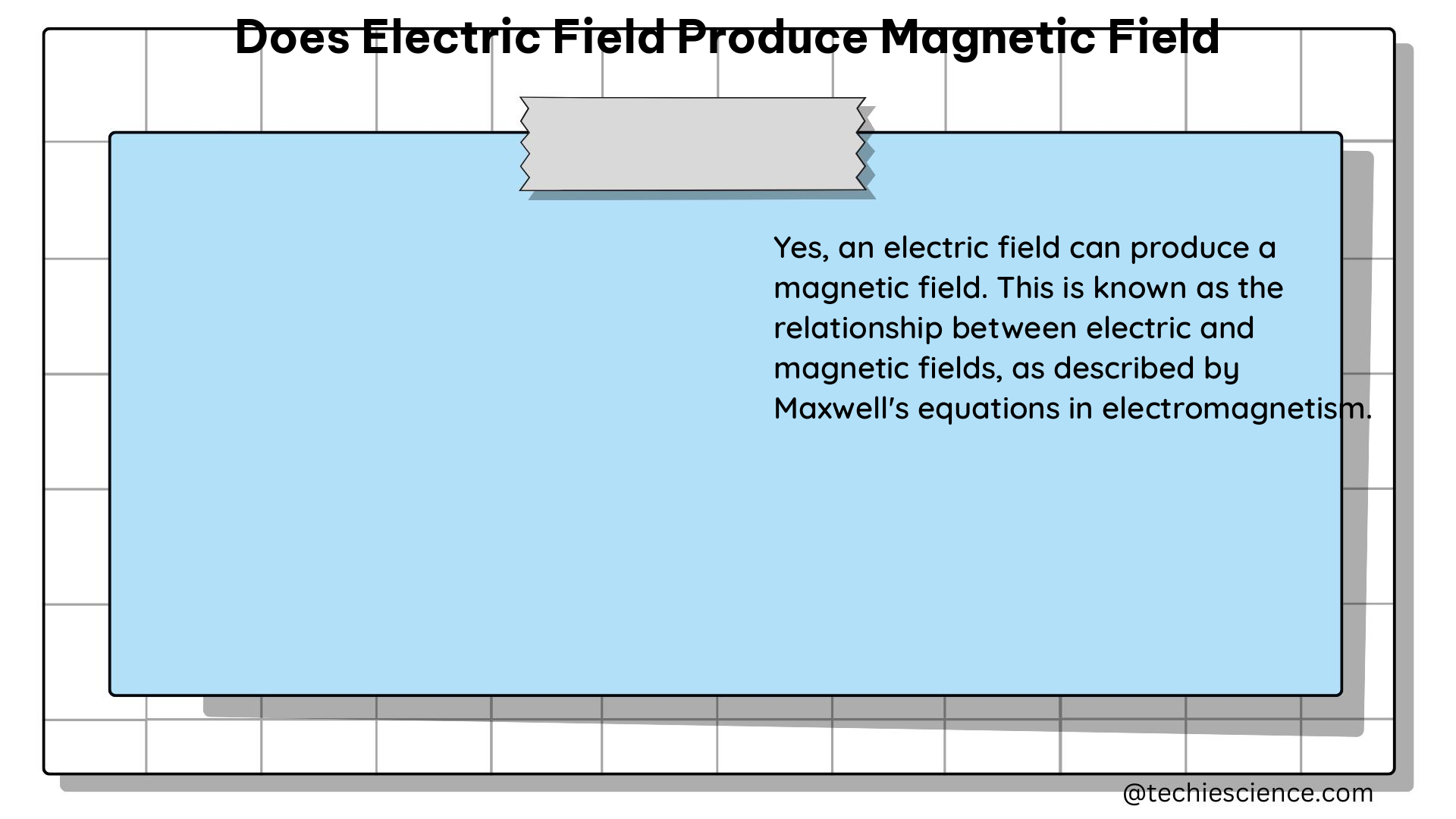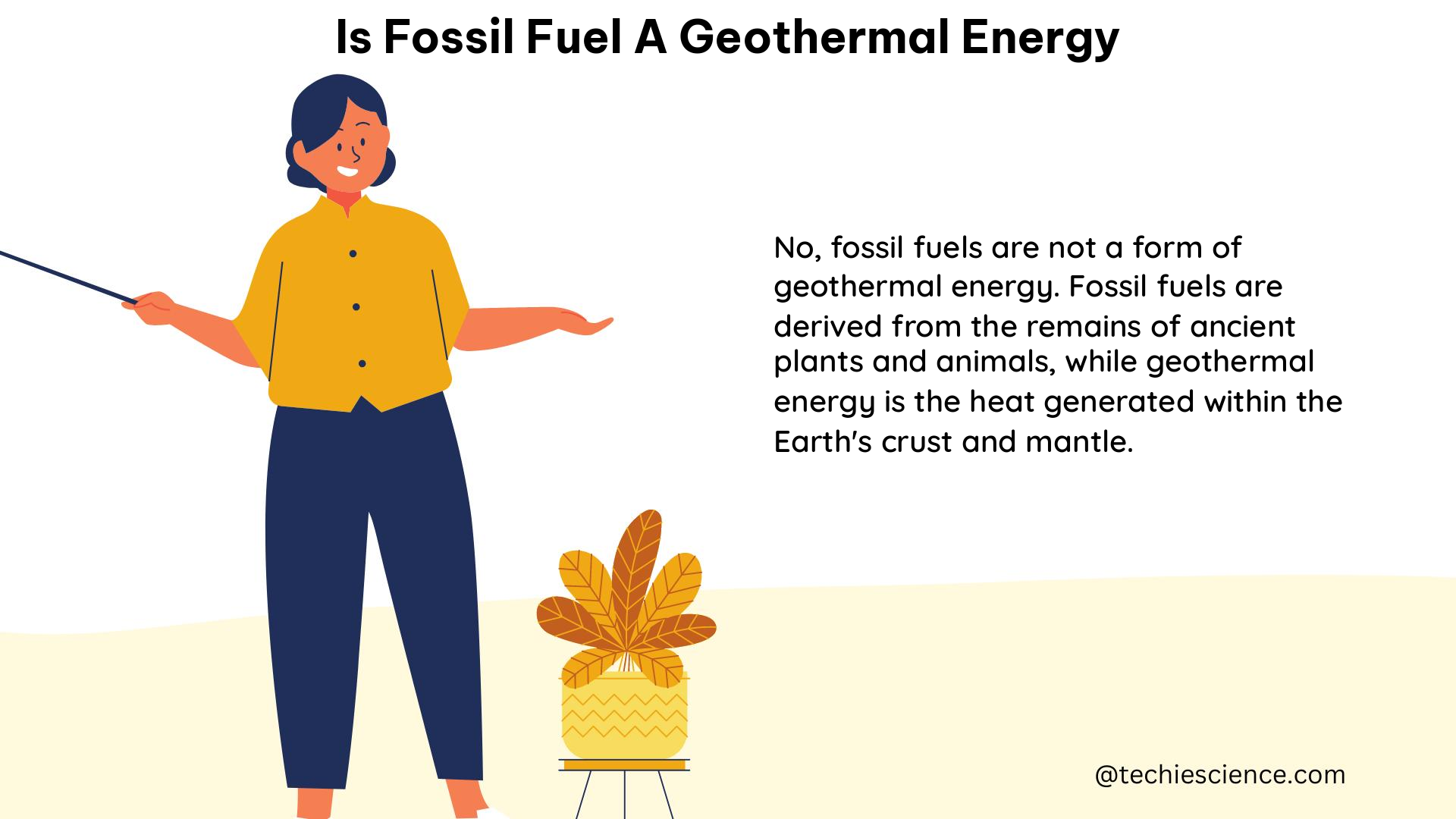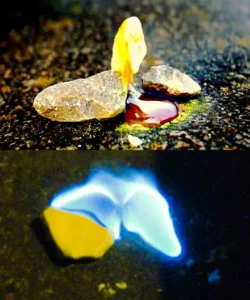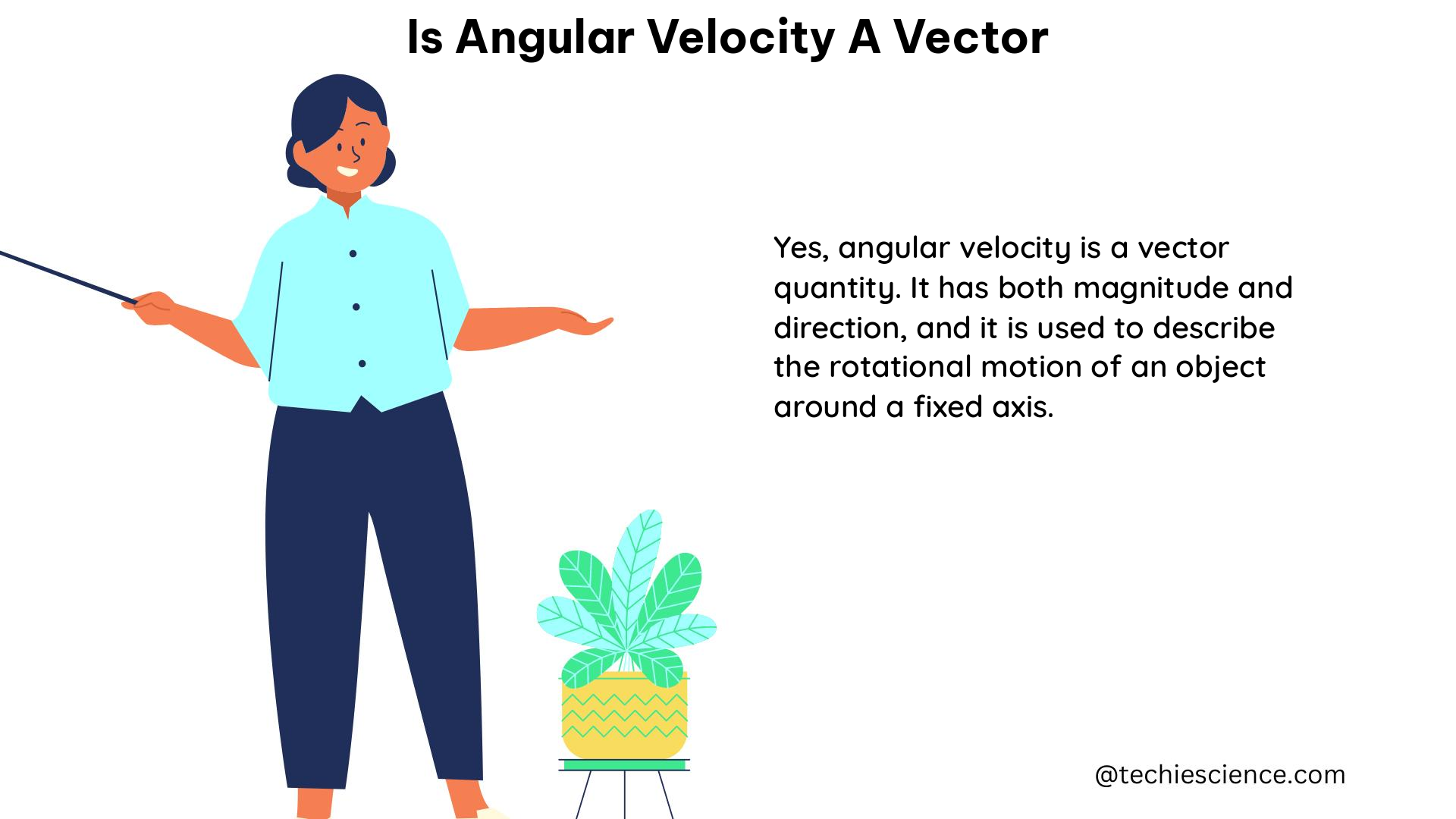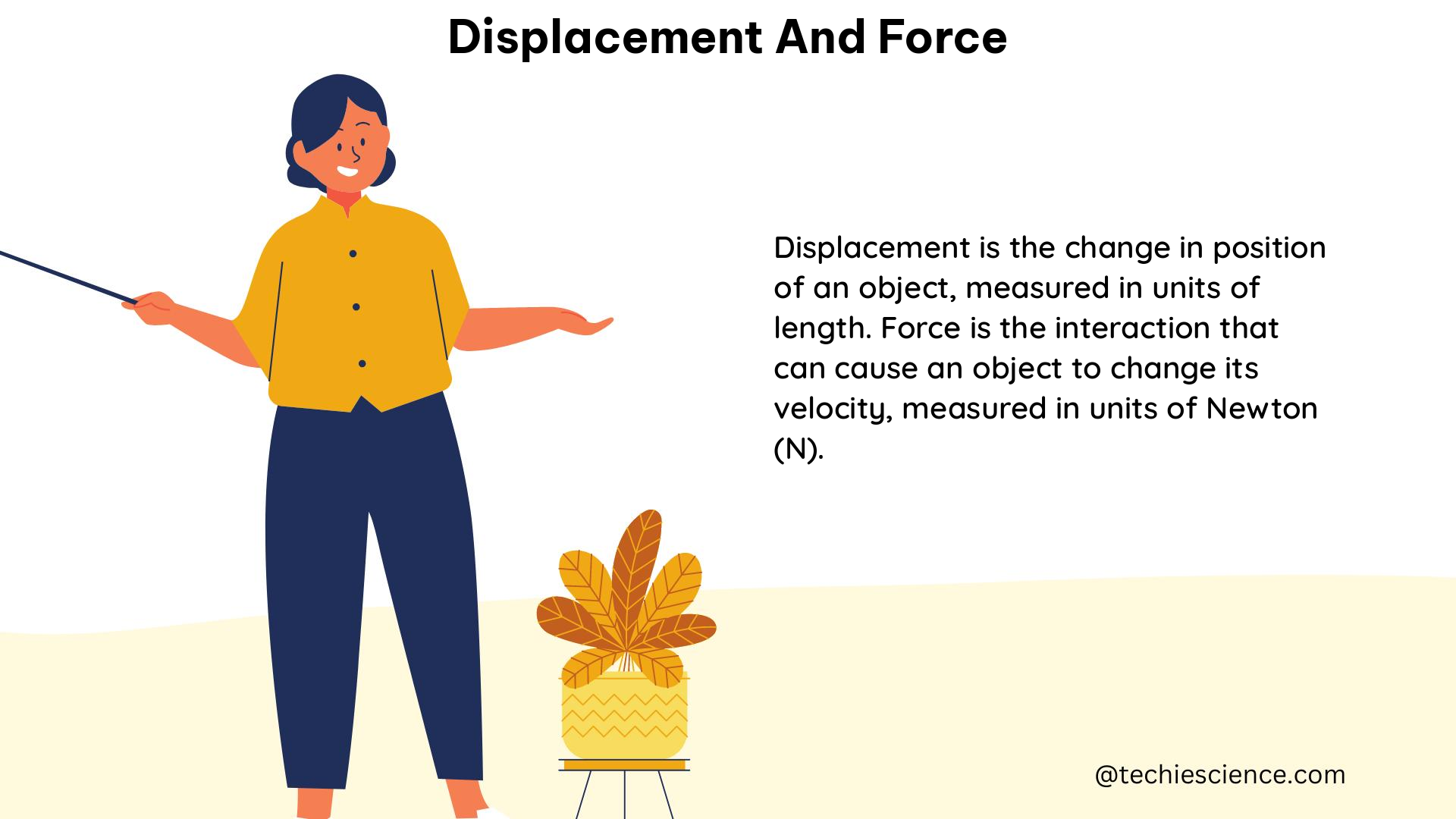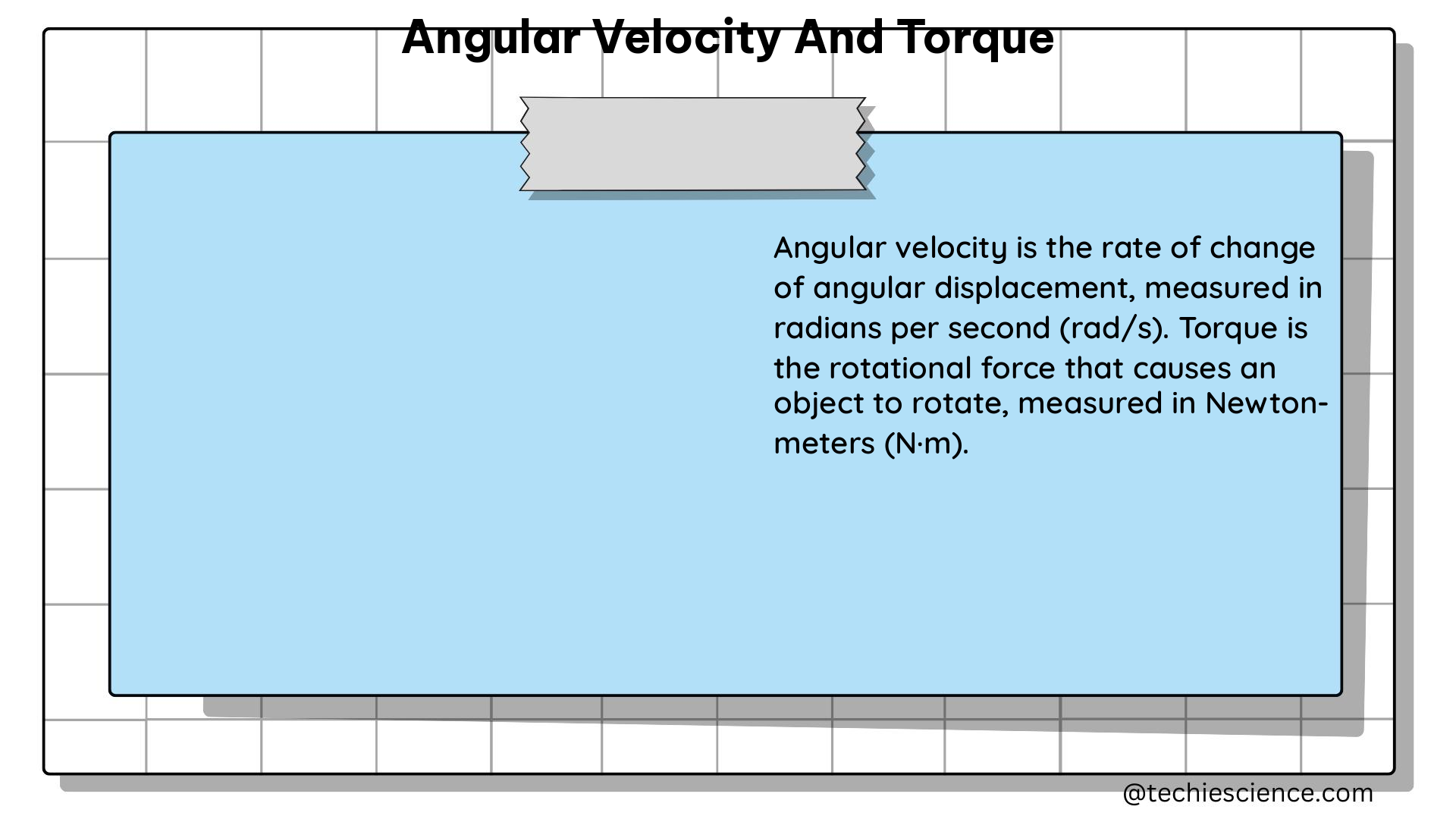Is Glass an Insulator? A Comprehensive Guide
Glass is a unique material that possesses remarkable insulating properties, making it a versatile choice for a wide range of applications. In this comprehensive guide, we will delve into the specific details and measurements that demonstrate why glass is considered an excellent insulator. Electrical Resistivity of Glass One of the primary reasons glass is considered … Read more
